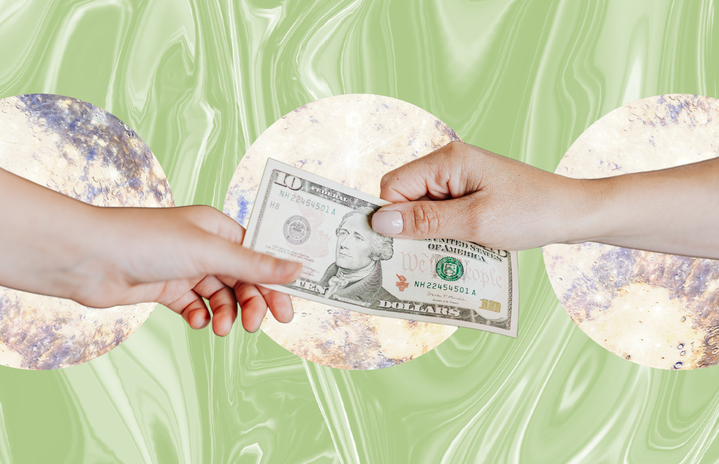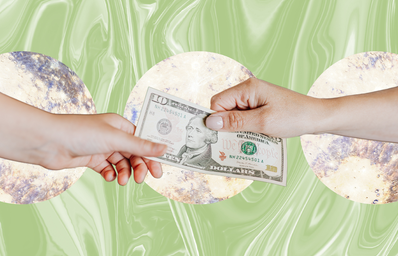The world has progressively embraced the pursuit of greener practices. Terms such as “greenwashing” and “greenhushing” have taken a crucial part in the discussions around environmental responsibilities of companies. Get to know the meaning of these practices better and how harmful to our planet they are.
What is the definition of Greenwashing?
Greenwashing refers to when companies create a false impression of environmental stewardship by misleading consumers to believe that the organization itself is environmentally friendly or sustainable, when it’s quite the opposite.
The term was originally coined by the environmental activist, Jay Westerveld, in the mid-1980s. When, during a hotel stay, he realized that the sign asking for guests to reuse towels to help save the environment was a way to cut laundry expenses disguised as an eco-friendly label.
The dilemma behind shopping “green”
“There is a huge confusion between the truly products and the green washed ones and that is really a problem for consumers”
Monique Goyens – Director General, BEUC (The European Consumer Organization)
Nowadays, companies are realizing how increasingly lucrative it is to be perceived as environmentally beneficial, since there is a growing consumer demand for sustainable products. According to a McKinsey study, 70% of Gen Z shoppers buy from ethical companies, moreover, and 73% of Millennials spend more money on sustainable brands, says a Nielsen study.
The major issue about advertising a product as “green” without following a precise definition of the term is making consumers believe that they are taking eco-conscious attitudes, when in fact they are unconsciously taking part to not decrease the pollution and environmental degradation on the planet.
Transparency is the key
The primary lesson companies need to understand: transparency is an important tool for bridging the gap between superficial and authentic environmental concerns. It is all about how being honest with the client impacts a closer product-consumer relationship.
Rather than misleading consumers with eco-friendly marketing claims, the industry should understand why they are looking for these kinds of products and, above all, learn to address this demand by genuinely embracing environmental action.
What about Greenhushing?
Greenhushing, on the other hand, is a modern term that indicates when companies deliberately remain silent about their sustainability goals, even if they are genuine and well-meaning. Mainly due to the fear of upholding such standards in every business area or being branded as green washers.
“[Greenhushing is] the deliberate downplaying of your sustainability practices for fear that it will make your company look less competent or have a negative consequence for you.”
Xavier Font – professor of sustainability marketing at the University of Surrey, U.K.
This designation became more prominent in October 2022, after the Swiss carbon finance consultancy South Pole brought attention to the trend in a report that noticed nearly a quarter of 1,200 companies with a sustainability head are not publicizing achievements “beyond the bare minimum”. Demonstrating how greenhushing is becoming increasingly common, as it draws less attention than greenwashing.
The biggest concern regarding this scenario is how greenhushing can withhold crucial progress information that are a potential way to promote industry-wide changes and effective climate strategies to help contain environmental degradation and its consequences.
—————————————————————–
The article above was edited by Anna Maria Prado .
Liked this type of content? Check Her Campus Cásper Líbero home page for more!


